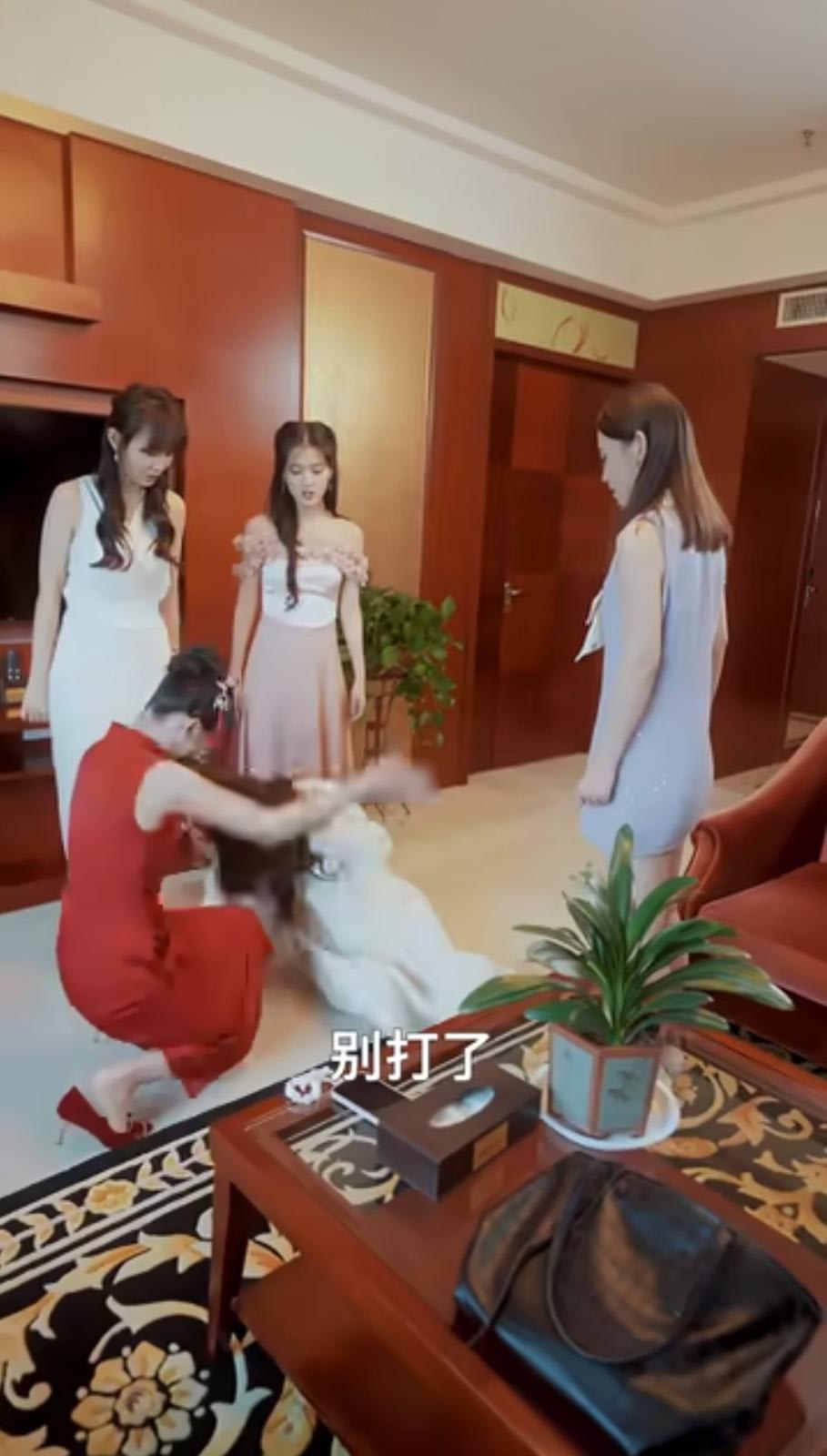Chinese micro dramas slammed for ‘vilifying women’ amid regulatory clampdown
Micro dramas have been criticised for melodramatic storylines that perpetuate gender stereotypes, portraying women as evil daughters-in-law, toxic mothers-in-law, or lascivious mistresses.

SINGAPORE: China's Communist Party (CCP) has hit out publicly at micro dramas for perpetuating harmful stereotypes about women as authorities tighten regulations on the booming, multibillion-dollar industry.
A Tuesday (Feb 18) commentary published by the official WeChat account of People’s Daily, the CCP's flagship newspaper, described how micro dramas often reduce women to one-dimensional characters, be it the evil mother-in-law or daughter-in-law, scheming mistress, or even a “vase” - beautiful but vacant.
“In (some popular) micro dramas, women are almost exclusively stereotyped and even stigmatised, amplifying their faults … this is not logical and does not fit common sense,” the article stated.
Micro dramas have taken the Chinese market by storm in recent years. A kind of short-form video content, each episode lasts about one to two minutes, compared to traditional content where even the shortest shows last 10 to 20 minutes per episode.
The vertically shot clips are designed for mobile viewing, and the bite-sized duration makes for convenient watching on the go - be it during meals, commuting, or even between chores.
However, the rampant growth of micro dramas has also led to government scrutiny. Late last year, Chinese regulators issued notices urging micro drama creators to stop using sensationalist character tropes to attract audiences, according to local news site Sixth Tone.
“VILIFYING WOMEN”
The People’s Daily op-ed asserted that recent micro dramas often portray female characters as “naive” or “scheming evil women”, featuring “battles” between mother-in-law and daughter-in-law, as well as plots rife with gender discrimination and parties involved in extramarital affairs.
The article referenced a micro drama roughly titled “Mother-in-law stuns at wedding”, where a woman confronts her fiance’s suspected mistress on her wedding day.

In the series, the woman punches and humiliates the suspected “third party” in front of friends and family, before the fiance - a wealthy CEO - reveals the individual to be his youthful-looking mother. The confrontation ends on a cliffhanger with the fiance looking at his injured mother in horror.
“Intentionally or not, women are labelled or portrayed as naive, beautiful but lacking in substance, or evil and scheming,” stated the article on micro dramas.
“Such biased (portrayals) are vilifying women … and (are) a form of disrespect," added the commentary's author Qiu Feng.
The commentary further pointed out that the audience of micro dramas is mainly middle-aged and elderly people, who were not only profited from but also led astray by “wrong values”.
Micro dramas typically reel viewers in by offering the first several episodes free of charge. Several episodes in, and as the plot thickens, the platform then requests viewers pay to continue watching the rest of the series.
There are different packages with varying prices - some charge US$1 for 20 episodes, while others cost US$10 to catch 60 episodes. Some series allow users to unlock more episodes by watching advertisements instead of paying.
According to a 2024 report by Chinese marketing research company iResearch, 37.3 per cent of micro drama viewers were aged 40 to 59, and 12.1 per cent were those aged 60 and above.
Data from internet data firm QuestMobile likewise showed that in March 2024, nearly 40 per cent of users on leading short video apps were over 45 years old. Close to half of the overall users spent between 1,000 yuan (US$137) and 1,999 yuan each month.
TIGHTENING REGULATIONS
The fresh bout of criticism comes as Chinese authorities take steps to tighten regulations on micro dramas, which have emerged as a sizeable moneymaker.
The micro drama sector surpassed 50.4 billion yuan last year, exceeding China’s film box office revenue for the first time, Sixth Tone reported, citing statistics from an industry white paper.
On Feb 5, the country’s broadcasting regulator announced it was mandating a licensing requirement for broadcasting micro dramas.
"Online audiovisual platforms must not go online to disseminate micro-short dramas that do not have a permit or filing number, nor must they attract or push traffic to them,” stated the National Radio and Television Administration (NRTA).
Micro dramas involving themes such as politics, military, diplomacy and national security would also face stricter scrutiny.
This is not the first time micro dramas have come into regulators’ line of fire.
Between late 2022 and early 2023, the NRTA organised what it described as a “special rectification campaign”. More than 25,000 micro dramas, totalling close to 1.4 million episodes, were removed due to their “pornographic, bloody, violent, low-brow and vulgar content”.
The latest People’s Daily commentary called for greater oversight to weed out undesirable micro dramas.
“Only by making the micro drama ecology healthier can micro dramas have a future.”













